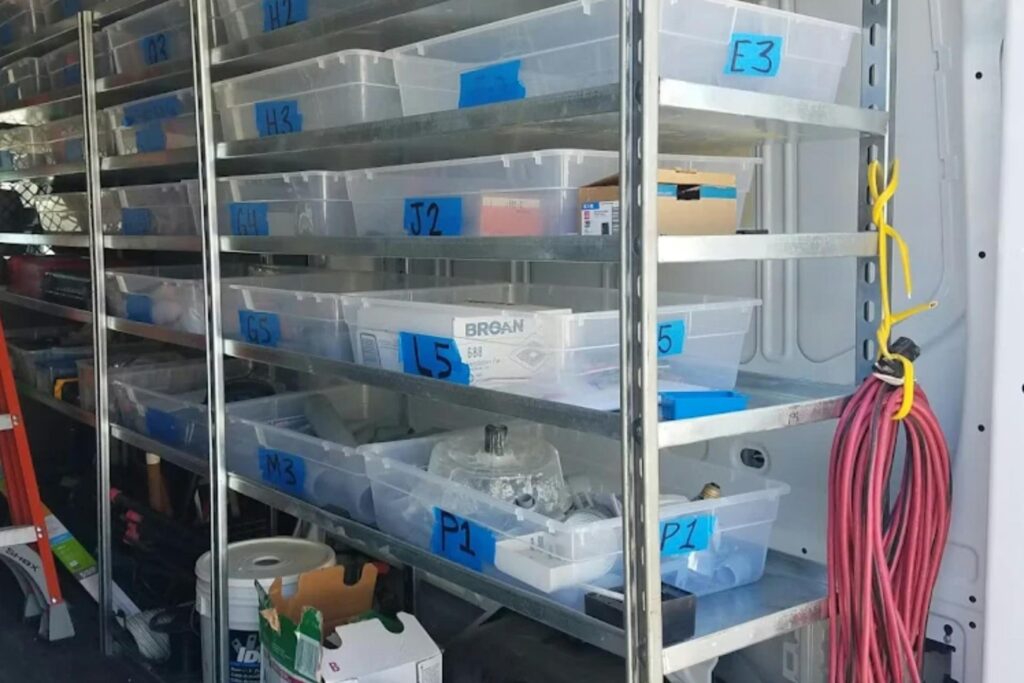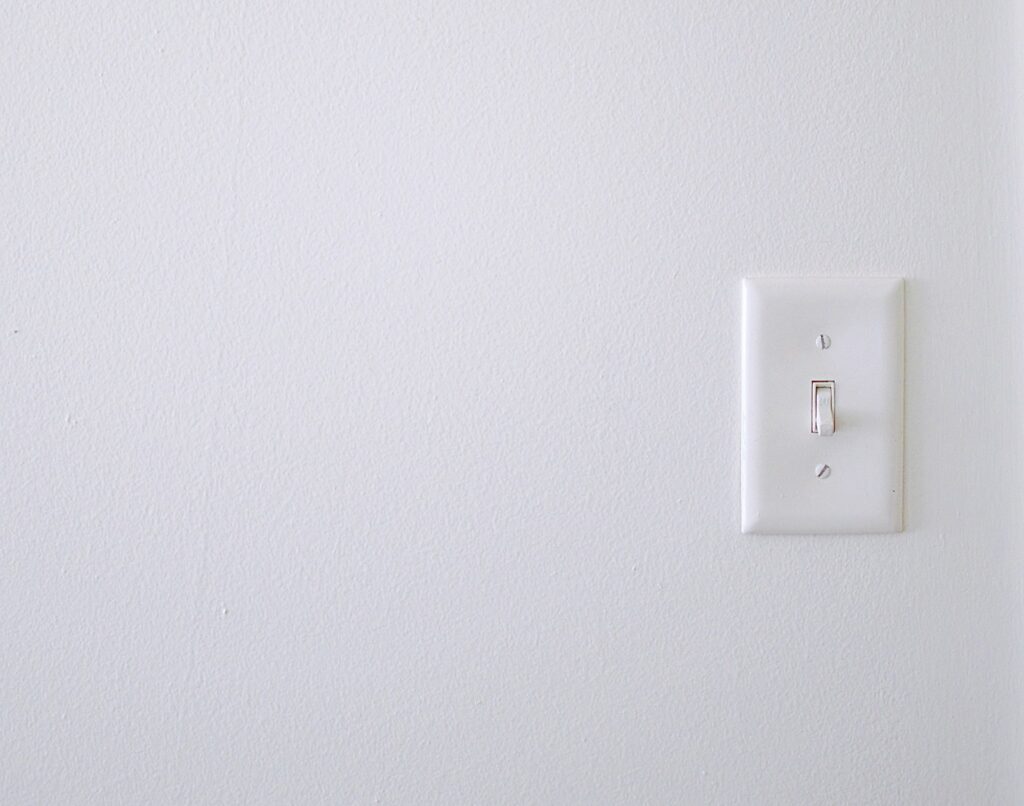We are reader-supported. When you buy through links on our site, we may earn an affiliate commission.
With all the conversation surrounding solar energy, you may be wondering if solar panels are worth it. In most areas of the United States, solar panel energy is now cost-competitive with conventional energy sources for homeowners.
In response to this trend, utility companies are now taking on large-scale solar projects, as the fossil fuel industry grapples with decarbonization efforts around the world. This is good news for homeowners, who will most likely benefit from the cost savings available with renewable energy incentives.
If you are a homeowner considering solar panels, there are a few factors that will affect whether solar panels are a worthy investment. Home location, electricity rates and available financial incentives all play a role in answering the all-important question: “Are solar panels worth it?”
1. Home Location
The geographic location of your home is the most important factor in determining whether solar panels are a worthy investment. While most homeowners assume sunlight plays the most crucial role in making effective use of solar energy, this is not always true. For example, the states of New York and Massachusetts have some of the highest rates of residential solar installation. This is due to the high electricity rates of these states and the financial incentives available for renewable energy.
Other considerations for your home include home orientation. Solar panels are most effective when installed on the south and west sides. You should also consider how old your roof is and when it will need to be replaced, since you don’t want to install solar panels with a lifespan of 25 years if your roof needs to be replaced in five.
2. Cost of Electricity
Homeowners with more expensive electricity will save more money by switching to solar energy. Regardless of the solar panel system cost, you will save money in the long term by switching to solar, especially if local utility rates are higher than the national average.
While the upfront costs of installing solar may seem considerable, keep in mind that solar panels only need to be installed one time and maintenance is minimal. Compared to conventional energy sources, solar is much cheaper to maintain and less costly to repair.
Another factor to consider when evaluating solar panel cost effectiveness is whether you have net metering available in your state. Net metering is a state-level energy policy that allows homeowners to redistribute solar energy back into the grid, therefore only paying for the energy they actually use. If your state has net metering, it can cut years off the payback period for your new solar energy system.
3. Available Incentives
Last but certainly not least, you will want to research all available incentives to see what opportunities you may have when it comes to financing. Depending on your state, you may qualify for rebates that reduce your total cost by over half. Additionally, the federal tax incentive for solar energy currently offers homeowners a 26% tax credit for projects installed before December 31, 2020.
Other incentives include property tax exemptions and cash rebates. In Massachusetts, solar energy systems can be exempt from local property tax for a 20-year period. Some local governments and utility companies also offer cash rebates that are available for qualified homeowners to help incentivize the installation of a certain number of projects in a given region. These rebates can reduce the cost of your solar system by up to 20%, saving you a significant amount of money.
Is It Time for Solar?
Investing in solar energy for your home is a considerable financial investment. However, more homeowners than ever are switching to solar energy now that it is cost-competitive with fossil fuel energy. If you are feeling hesitant about whether solar is the right choice for your home, remember these three factors. Your home’s location, the local cost of electricity and available financial incentives will help you determine whether solar panels are worth it.







